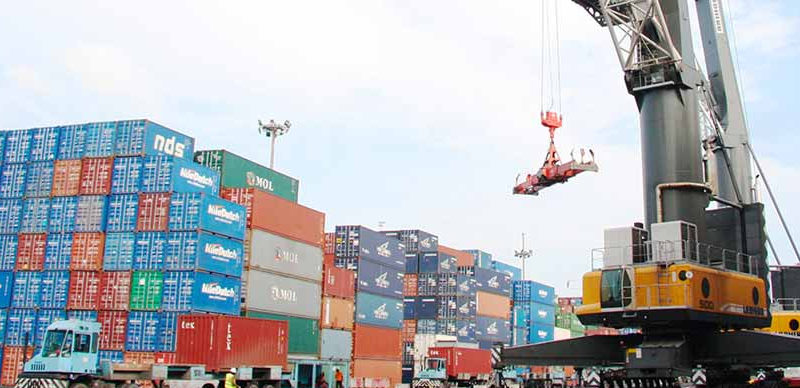The Skyway Aviation Handling Company (SAHCO) convened a crucial meeting with cargo stakeholders to address the pressing challenges and chart a new course for the future of the cargo sector in the aviation industry. This gathering signified a pivotal moment for the industry, bringing together a diverse group of participants, including airlines, exporters, clearing agents, and logistics professionals, all united by the common goal of enhancing the cargo ecosystem. The meeting served as a platform for open dialogue, fostering collaboration and seeking innovative solutions to long-standing issues that have hampered the sector’s growth and competitiveness.
At the heart of the discussions was the imperative to strengthen collaboration across the entire cargo logistics value chain. SAHCO emphasized the importance of working together to overcome existing obstacles and establish a new benchmark for the future. The stakeholders acknowledged the interconnectedness of their roles and the need for a synergistic approach to achieve optimal efficiency, compliance, and global competitiveness. The meeting underscored the significance of collective action and the commitment of all stakeholders to contribute to the growth and development of the cargo sector.
One of the critical issues addressed during the meeting was the persistent problem of poor packaging of export goods. Nigerian exports have often faced challenges in meeting international standards, impacting their marketability and competitiveness in the global market. Stakeholders recognized the need for improved packaging practices to ensure the safe and efficient transportation of goods, preserving their quality and preventing damage during transit. The discussion revolved around adopting best practices, investing in appropriate packaging materials, and providing training to exporters on proper packaging techniques. The goal was to elevate the standard of Nigerian exports, enhancing their appeal and accessibility in international markets.
Another significant concern highlighted by stakeholders was the absence of robust product traceability systems. The lack of effective tracking mechanisms has hindered accountability throughout the supply chain, from the point of origin to the final delivery destination. This deficiency has created opportunities for inefficiencies, discrepancies, and even illicit activities. To address this critical gap, attendees advocated for the adoption of smarter tracking technologies, enabling real-time monitoring of cargo movement and ensuring transparency and trust among all stakeholders. The implementation of such systems would enhance security, improve logistics planning, and facilitate prompt resolution of any issues that may arise during transit.
Training and certification gaps among freight forwarders and clearing agents also emerged as a major area of concern. The lack of standardized training and professional development programs has contributed to poor documentation, unethical practices, such as touting, and a general lack of professionalism within the industry. Participants recognized the urgent need to address this issue through structured capacity-building programs and regulatory reforms. The focus was on enhancing the skills and knowledge of industry professionals, promoting ethical conduct, and ensuring compliance with international standards and best practices. These initiatives aimed to elevate the overall professionalism of the sector, improving efficiency, reducing errors, and fostering a culture of integrity.
The Cargo Stakeholders Engagement concluded with a shared commitment to sector-wide collaboration, investment in infrastructure, and policy support. Participants recognized that achieving the full potential of Nigeria’s cargo industry requires a concerted effort from all stakeholders. The meeting marked a turning point, laying the foundation for a more cohesive, efficient, and globally competitive cargo sector. The commitment to collaboration, investment, and policy reform signifies a new era for the industry, poised for significant growth and development in the years to come. SAHCO reiterated its commitment to innovation and excellence, emphasizing its continuous investment in state-of-the-art Ground Support Equipment and warehousing facilities designed to facilitate safe, efficient, and fully compliant cargo operations. This pledge reinforces SAHCO’s dedication to providing world-class services and contributing to the overall advancement of the Nigerian aviation industry.














